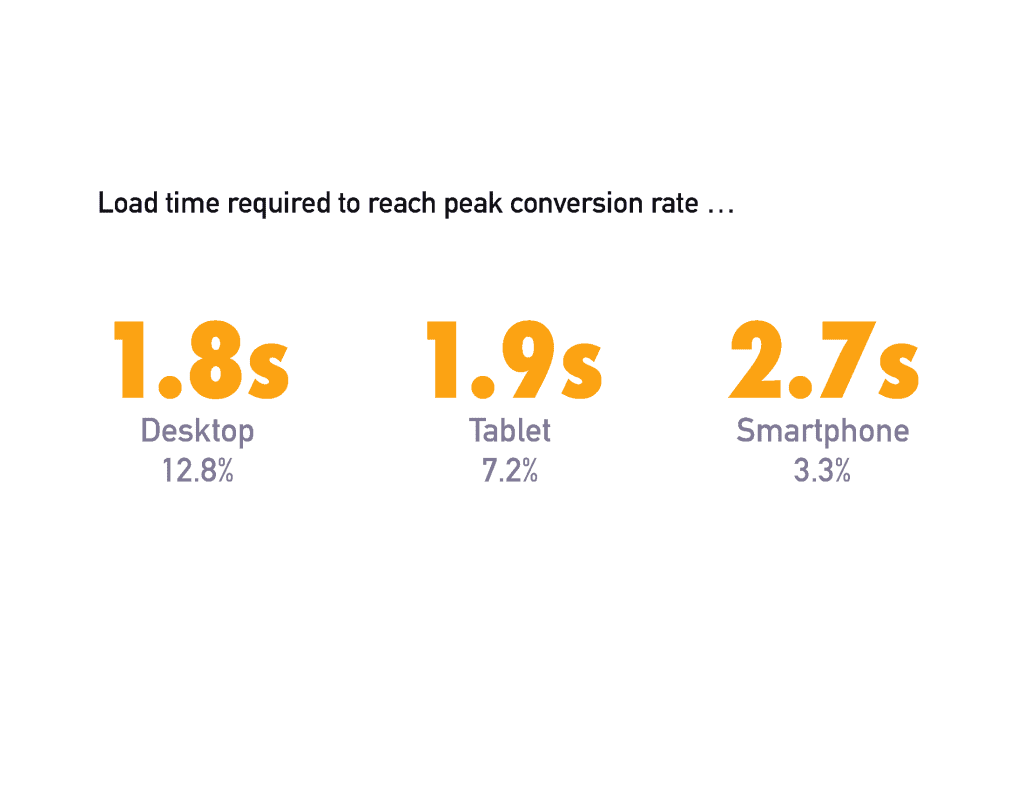
Are you built for speed? Motorhead or Stray Cats references aside, that’s a serious question that publishers need to start asking themselves with the impending 5G takeover. “I think that there’s a tendency for folks to believe that better bandwidth (as enabled by 5G) will solve all of our page-load time problems, but that’s not necessarily the case,” says Marketing, Strategy, Emerging Technology & Innovation Consultant, Jeremy Lockhorn. “5G is likely to make things worse before it makes them better—because users’ expectations will be much higher.”
That’s part of the message he shared at Ops 2019 in his session, “Hello, 5G: Where Are The Opportunities?” And it will also be a part of what he discusses with attendees during his Publisher Forum Vancouver Keynote, “5G and the Golden Age of Interconnectivity,” on Tuesday, August 20, 2019, where he’ll talk about the implications of 5G as one of several ingredient technologies powering a future of unprecedented interconnectivity—and specifically what that means for advertising technology and publishers’ digital revenue efforts.
I’ve already talked about how awesome and how bad 5G could be for advertising as a whole, but I didn’t exactly focus on the relationship between load times and conversions. According to an Akami report, and even Google agrees, the longest time that people are willing to wait for a page to load on mobile is a maximum of three seconds, while their patience for loading times on desktop and mobile are even lower at a maximum of about two seconds. As users get used to consuming content at the faster speeds 5G will bring (we’re talking HD movie downloads going from 7 minutes down to 6 seconds), they’re not likely to wait for static pages (and therefore, ads) to load. As you guessed it, that’s going to negatively impact revenue for a lot of publishers. Basically, if you’re not loading, you’re not converting.
So how can publishers prepare for 5G, especially those who already have slow page-load times at 4G network speeds? “Google continues to recommend responsive design, but when it comes to page-load times, a poorly executed responsive design can be much worse than a dedicated mobile-optimized site,” shares Lockhorn. “I think that publishers—if they haven’t already—should take a hard look at Accelerated Mobile Pages (AMP) and Progressive Web apps (PWA). These two approaches—especially when used together—can greatly reduce load time AND create an impression of reduced load time. PWAs feel more like native apps from that perspective.”
And for the publishers with loads of heavy tags on their sites, Lockhorn cautions, “I also agree that there’s something to tag management. Either the infrastructure has to improve to deliver tags more quickly or we need to rethink the number of tags, or maybe both.”
Once the issues with site load or app performance times are all figured out, the revenue possibilities with 5G are going to be massive for publishers. First, there’s the speed. Faster page-load times ultimately means better ad performance and potentially more ads being served with richer and better creative. Hello AR and 3D. And if 5G actually does all of the magical things that are predicted, then emerging technologies like AI and IOT will finally have a real shot at helping brands and publishers increase revenues. AI and IOT will bring more plentiful consumer data, leading to greater behavioral insights and ultimately more opportunities for personalization and customization.

